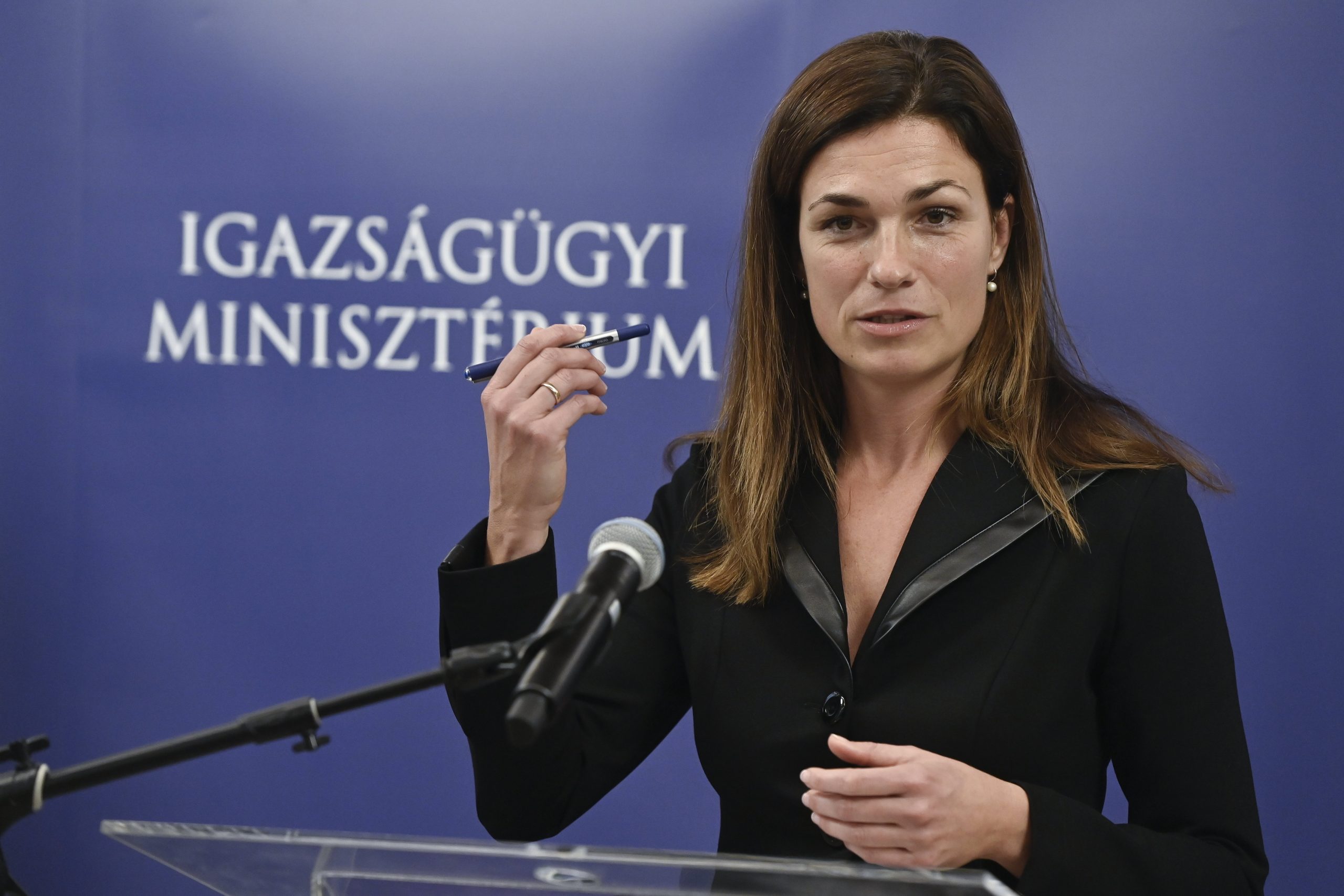
"It would be wrong to judge sovereign states and their political communities by abstract and external concepts of rule of law, since they can vary from country to country, embedded in a national heritage," Trócsányi said.Continue reading

The European Commission’s reports on the rule of law in Hungary and Poland apply double standards, Justice Minister Judit Varga said after a meeting of the bloc’s General Affairs Council in Luxembourg on Tuesday.
European affairs ministers held “country-specific talks” as part of their rule-of-law dialogue, reviewing the enforcement of the rule of law in several member states, including Hungary, the Netherlands, Austria, Luxembourg and Malta, Varga told Hungarian reporters. Hungary has not received a legal reply to the concerns it has expressed over the use of double standards regarding the rule-of-law reports, Varga said, adding that this had reinforced Hungary’s concerns that the EC’s rule-of-law report deepened divisions among member states.
“The countries that have nationally minded conservative governments can never be good students,” she said, adding that Hungary wanted the EC to acknowledge that Hungarian laws are consistent with European directives.
On April 3, 54 percent of Hungary’s electorate voiced its disagreements with the EC’s concerns over Hungary, the minister said. “Hungarian voters want to keep going in the direction Hungary is headed in; they want Hungary to preserve its national sovereignty, its national identity and self-determination as authorised by the EU treaties,” Varga said.
In the tense situation brought about by the war in Ukraine, EU member states should focus on the things that bind them together rather than the things that further deepen divisions among them, Varga said. Member states should talk to each other in the spirit of unity, solidarity and openness instead of stigmatising each other, she added.
As regards the EC’s recent announcement that it will launch the mechanism against Hungary that can suspend transfers of EU funding over rule-of-law violations, Varga said a decision on the launch of the mechanism had yet to be made according to the EC’s organisational and operational regulations. A decision, she added, is set to be made at the end of April.
Varga said that according to a December 2020 agreement on the bloc’s next seven-year budget and post-pandemic recovery fund, the so-called conditionality procedure could only be activated against a member state if its actions threatened the EU’s financial interests. This, she said, meant that the mechanism could not be used for political purposes.
Featured photo by Szilárd Koszticsák/MTI